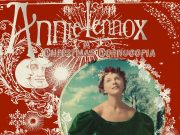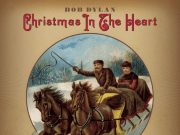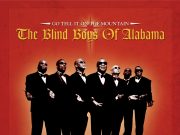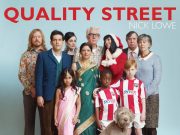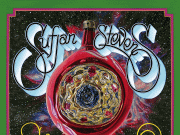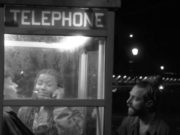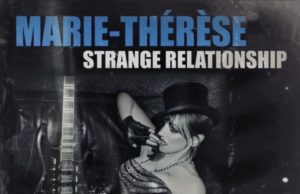THE EDITED PRESS RELEASE: “If the first album from Venezuela’s Los Calvos, despite its greatness, could be considered to have a varied sound, then this second and lamentably final album from 1968 found them creating a signature sound with the musicians given free rein and a stronger push to the dance floor, this is música bailable personified.
The drum kit was instrumental to their image and sound; it was an instrumental unusual in salsa at the time. So much so that their own drummer Frank “Pavo” Hernandez had said disparagingly that “salsa with a drum kit is like pasta with avocado.” Kudos then to Pavo, along with fellow drummer Alfredo Padilla, who seamlessly integrated the instrument into the lineup, allowing its heavy hits to add energy and power to the group’s sound; just listen to the drum solo in Suenan Los Cueros and you will be in no doubt that it was a genius move.
Vocal duties throughout are split evenly, five tracks a piece in fact, between Carlos “Carlín” Asicio Rodríguez and Carlos “Calaven” Yanes. It is Calaven who surprises the most, his mischievous delivery and ability to improvise and scat placing him in the higher echelons of vocalists, and not just within salsa. José, which is also a showcase for bandleader Ray Perez to free wheel on the piano, is a perfect example of Calaven’s ability to enliven any descarga (jam) with unexpected vocal turns; but then, even on the album’s original single El Moño De Maria he shows that with a few variations on the chorus, he can elevate any song. His partner in vocals, Carlín, is no slouch either, leading the driving Tiene La Razón with ease and showing that he can get down and dirty on the percussion-heavy El Tumbeleco, guiding the song through to its pulsating conclusion.
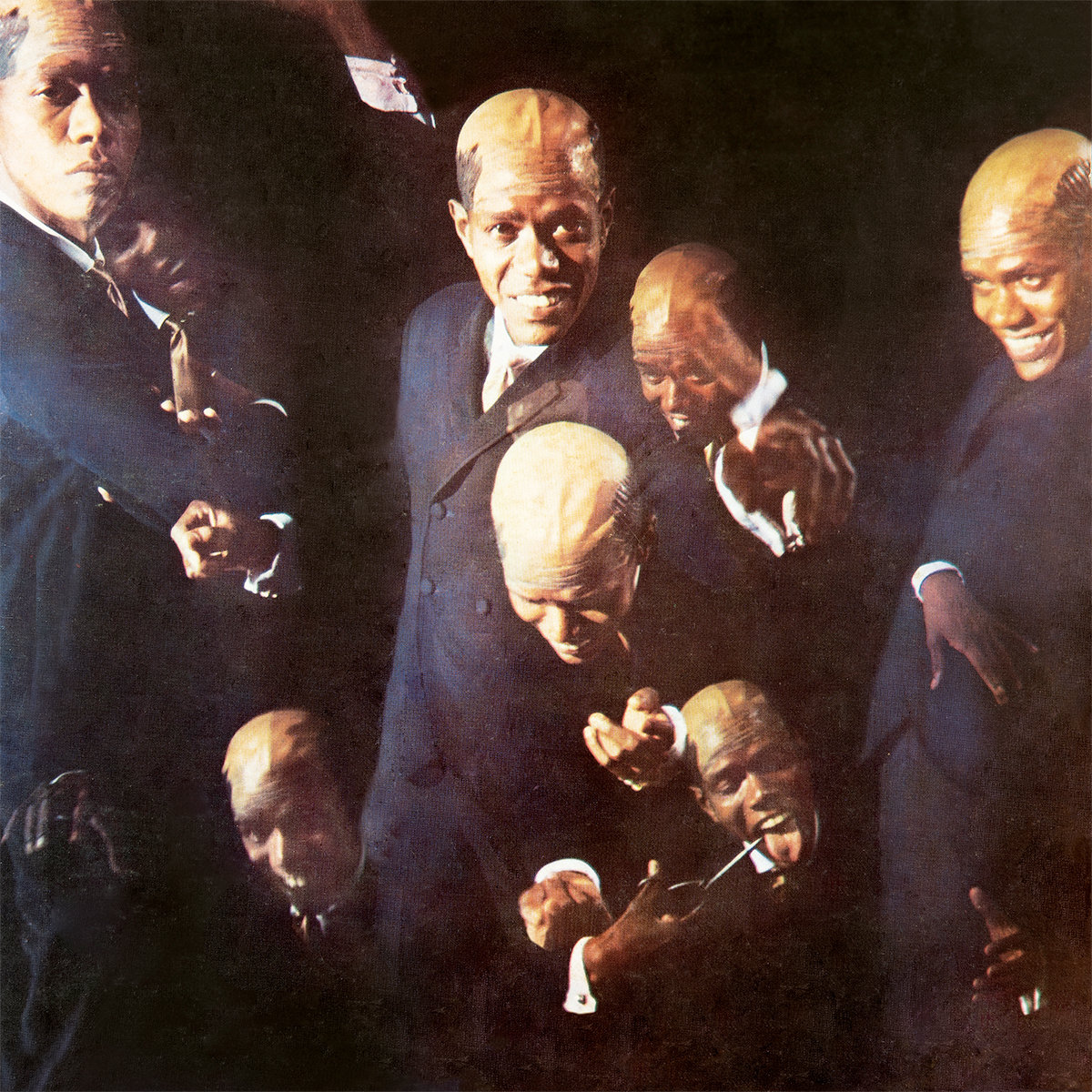
Perez was one of Venezuela’s finest bandleaders, also helming the legendary Los Dementes, Los Kenya and others, and he brings a number of famous friends and allies to the party. Professional lucha fighter turned composer Gustavo “El Chiclayano” Seclén contributes the playful El Marciano y Yo (The Martian and Me), which allows Calaven plenty of opportunity to improvise, his imitations of intergalactic beings a wonderful thing, with what sounds like the rim of a wine glass being used to create Mars-esque special effects. You can also hear Perucho Torcatt, a regular collaborator of Perez in Los Dementes, adding his voice throughout the album.
…Y Que Calvos! is not for the idle — it’s an album which does not allow you to sit down. Powerful, inventive and abundant of rhythm, it’s everything you could want from a salsa album, and a fitting way for Los Calvos to sign off their far-too- short career. Perhaps now it will finally get its dues as a lost salsa classic.
Los Calvos came to life in Caracas in 1967, the product of musician Perez’s restless mind. It was a band that sounded different to everything that had gone before, and everything that would come after. They were the encapsulation of what Perez, who was nicknamed “El Loco”, had already achieved in his music career: the rock, salsa, jazz and Latin rhythms that he played in groups like Trío Hambay, Los Singers, Los 5 de Romero and the legendary Los Dementes.
To create the band’s lineup, Perez turned to heavyweight names in Venezuelan music at the time, recruiting Hernandez on drums; Pedro Garcia on percussion; Miguel Angel Silva on bass; Rafael Araujo on trombone; and Lewis and Josue on trumpets; all supporting dual vocalists Rodríguez and Yanes, the latter an innovative and charismatic singer who added a touch of jazz to salsa, scatting like one of the greats.
They only ever released two albums, a debut in 1967, followed by a second in 1968 that offered the same power and quality as its predecessor, with one review defining them as “dazzling and avant-garde.” Unfortunately, the ever-busy Perez, who was always working and travelling with groups like Los Dementes and his newly formed Las Kenya ensemble, decided to abandon the project shortly after that second album came out, devoting his energies elsewhere. Curiously, the group never performed live, yet these days, Perez considers these recordings the most enjoyable that he experienced in his whole career.”





